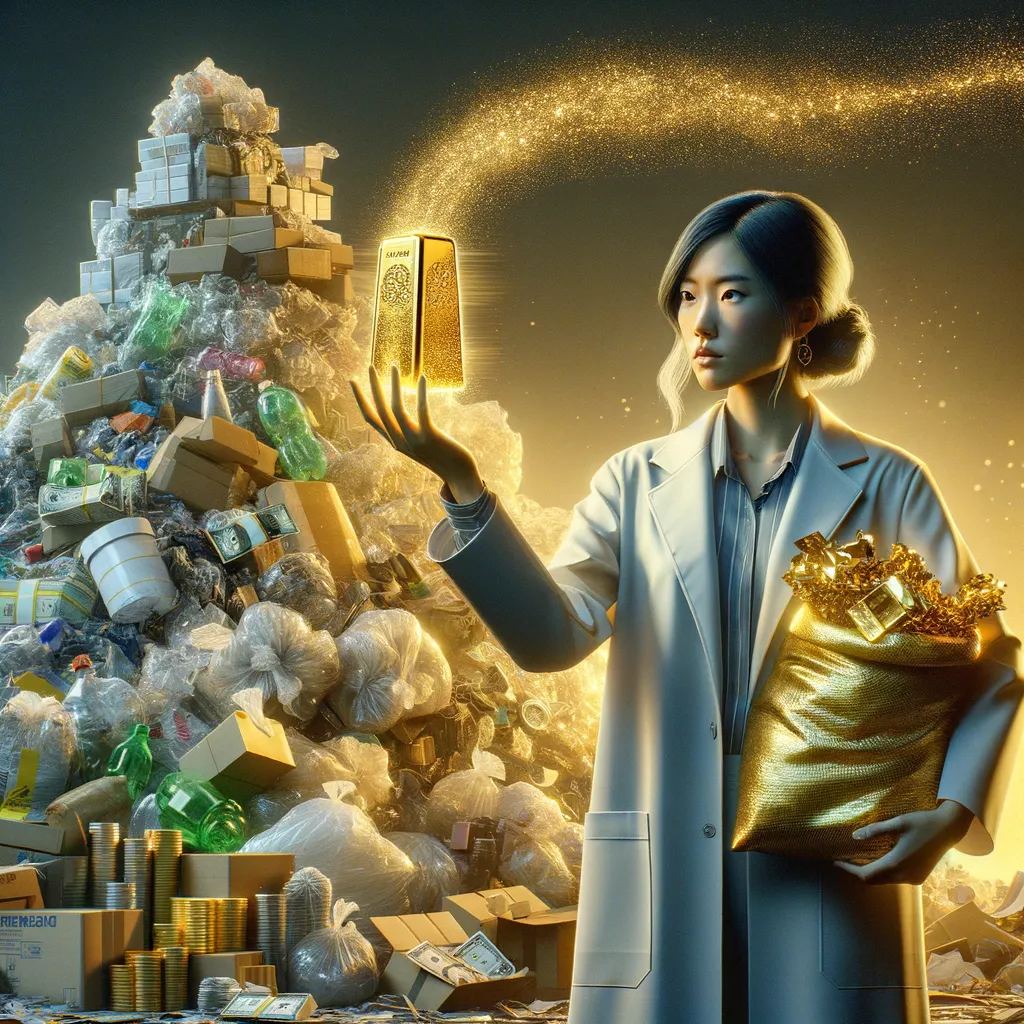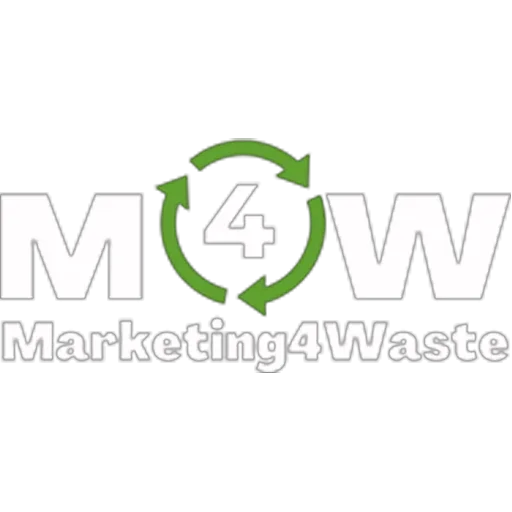Increase the Revenues of Your Waste Company With the Tips Shared in Our Blog Articles

Dumpster Diving for Dollars: How Savvy Entrepreneurs Are Turning $5.6 Billion of 'Trash' Into Cold, Hard Cash
Listen up, because I'm about to share a secret that's worth more than all the gold in Fort Knox. It's a secret that's literally overflowing from every dumpster, every landfill, and every garbage truck in America. And it's a secret that's making a select few filthy rich while most are letting it slip through their fingers.
I'm talking about trash. But not just any trash. I'm talking about the mountains of plastic, paper, and cardboard that businesses across the country are tossing out every single day. And let me tell you, it's not just trash – it's cash. Cold, hard cash that's being buried in landfills instead of lining the pockets of smart operators who know better.
Let's break it down, shall we?
Every year, commercial entities in the U.S. – that's your retailers, your restaurants, your office parks – are churning out a whopping 5 to 7 million tons of plastic packaging waste. That's right, MILLION. With an M. And paper and cardboard? We're looking at a staggering 30 to 35 million tons.
Now, here's where it gets interesting. All that plastic? It's worth anywhere from $200 to $300 per ton on the market. Do the math, and you're looking at a potential goldmine of $1 billion to $2.1 billion. Yes, that's BILLION with a B.
And that mountain of paper and cardboard? It's fetching $70 to $100 per ton. Multiply that by the millions of tons available, and you've got yourself another $2.1 billion to $3.5 billion just waiting to be claimed.
Add it all up, and we're talking about a market worth $3.1 billion to $5.6 billion. Every. Single. Year.
But here's the kicker – and pay attention, because this is where the real money is – most of this valuable resource isn't being recycled. It's being tossed in landfills, buried under dirt, left to rot. It's like watching someone flush stacks of hundred-dollar bills down the toilet.
Let me put it in perspective for you. According to the EPA, only about 32% of plastic packaging gets recycled. For paper and cardboard, it's better, but still only about 66%.
What does that mean in dollars and cents? It means that every year, smart operators could be cashing in on:
- $680 million to $1.4 billion in plastic packaging
- $714 million to $1.19 billion in paper and cardboard
That's money that's quite literally being thrown away. And that, my friends, is opportunity with a capital O.
Now, I can hear the naysayers already. "But Sam," they'll whine, "recycling is expensive. It's complicated. It's not worth the hassle."
To them, I say: balderdash.
Sure, it takes some know-how. It takes some upfront investment. But show me a business worth building that doesn't. The fact is, the companies that are willing to roll up their sleeves and get their hands dirty (sometimes literally) are the ones raking in the dough.
Take Waste Management, for example. In 2022, their recycling business pulled in $1.7 billion in revenue. That's a lot of zeroes for a bunch of "trash."
Or look at Republic Services. Their recycling operations? $1.3 billion in 2022.
These aren't tree-hugging hippies we're talking about. These are hard-nosed businesspeople who know a good opportunity when they see one. And believe me, they're seeing dollar signs in every dumpster.
But here's the real secret – the market is nowhere near saturated. Remember those recycling rates I mentioned earlier? That means there's still 68% of plastic packaging and 34% of paper and cardboard just waiting for someone smart enough to come along and turn it into cold, hard cash.
Now, I'm not saying it's easy. Nothing worth doing ever is. You've got to know what you're doing. You need to understand the market, the technology, the logistics. You need to be able to separate the valuable materials from the true trash. You need to build relationships with the businesses producing this waste and the manufacturers hungry for recycled materials.
But for those willing to learn, for those ready to put in the work, the rewards are there for the taking. We're talking about a market that's not just big, but growing. As more businesses wake up to the value hiding in their dumpsters, as more manufacturers look to recycled materials to cut costs, the demand is only going to increase.
And let's not forget the government angle. More and more, regulators are cracking down on waste. They're implementing laws, setting recycling targets, even fining companies that don't comply. That's not a threat – that's an opportunity. Because every new regulation, every new target, every new fine is another reason for businesses to partner with someone who can help them turn their trash into treasure.
So, what's it going to be? Are you going to sit on the sidelines, watching as others cash in on this trillion-dollar opportunity? Or are you ready to roll up your sleeves and start turning trash into cash?
Remember, in the world of waste management, one man's trash isn't just another man's treasure. It's a goldmine waiting to be tapped. It's a business empire waiting to be built. It's your ticket to financial freedom, if you're smart enough to take it.
The choice is yours. But let me tell you this – the smart money, the big money, the real money? It's in trash. And those who realize it first are going to be the ones laughing all the way to the bank.
So, what are you waiting for? It's time to stop seeing garbage and start seeing dollar signs. It's time to become a Waste Management Alchemist. Because in this game, the real magic isn't turning lead into gold – it's turning trash into cash. And believe me, there's more than enough to go around.
The question is, are you going to get your share? Or are you going to let this opportunity go to waste?
To Your Success,
Sam Barrili
The Waste Management Alchemist


© 2025 Marketing4waste - All Rights Reserved,
Marketing4Waste is a brand of MiM MarketingInterimManagers LLC
+1 801 804 5730

